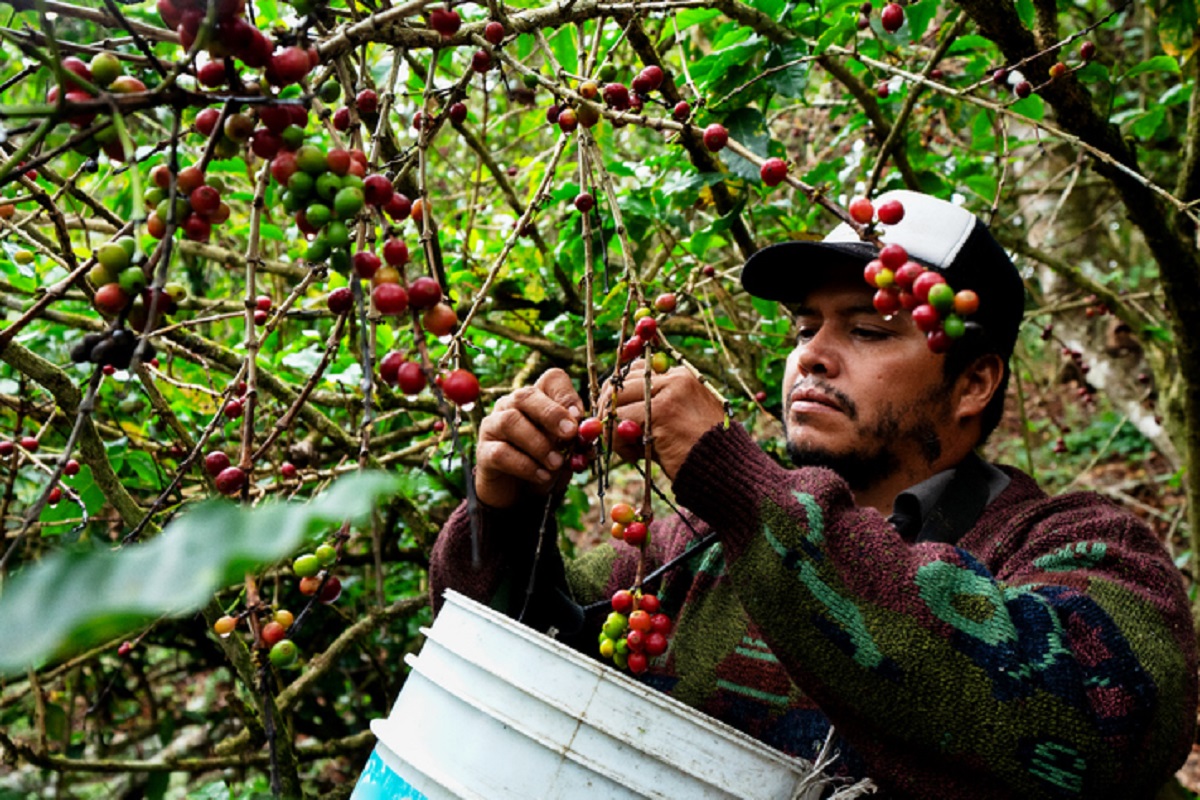After the success story of strawberry cultivation in Bundelkhand region, more and more farmers in this region are opting for non-conventional crops, mainly fruits.
Farmers, with the help of agricultural experts going in for fruits, that have a lot of medicinal value and can be grown in the prevailing climatic conditions of Bundelkhand.
Advertisement
Ginger, turmeric, kundru (Coccinia grandis), pointed gourd and aloe vera are some of the varieties which have a good yield, besides have considerable medicinal properties.
“With the Corona pandemic, the food habits of people are changing. More and more people are opting for healthy food and spices that have medicinal advantages too. In such a situation, cultivation of such items is bound to be economically feasible too,” said Dhanraj Patel, a farmer in Banda district.
Farmers are also switching to fruit crops including bel, falsa, Indian gooseberry, Buchanania lanzan (chironji), custard apple and fig.
Chief minister Yogi Adityanath, while inaugurating the recent strawberry festival, assured the farmers that the government would take quick remedial measures regarding irrigation and to solve the stray cattle problem for which projects have already been rolled down.
According to agriculture experts, the soil of Bundelkhand region is free from pesticides which makes it more appropriate for growing medicinal plants which are in great demand in countries where there are stringent quality control regarding presence of pesticides in food or medicine products.
R.K. Tiwari, senior scientist, Central Agroforestry Research Institute (CAFRI), Jhansi, said the Bundelkhand soil is also good to grow dragon fruit which has a great demand in the urban market. Bel and ‘phalsa’, which do not need much water, can also be grown in hot climatic conditions, and both have good medicinal values. The stems of ‘phalsa’ (grewia) trees can be used for making baskets, he added.
“Aonla (gooseberry) and aloe vera can be grown on the boundaries of farmland. Lemon grass can be grown in waste lands because it requires just two cuttings without irrigation and 5-6 cuttings after a couple of irrigations. Since stray cattle stay away from grazing it, the grass helps in reducing soil erosion and it also has a good market value,” he explained.
A government spokesman said that the state government had already started working on steps to help in packaging and marketing of fruits and medicinal crops that were being grown in the region.











